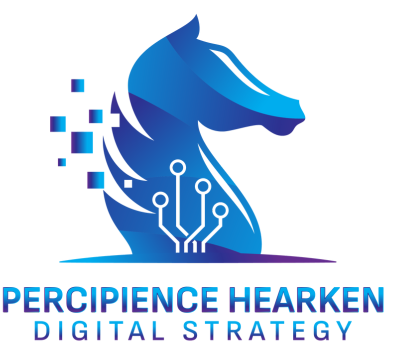
For decades, applications have been the foundation of our digital interactions. From email clients and CRM systems to productivity suites and enterprise software, applications have dictated how we work and communicate. However, according to Microsoft CEO Satya Nadella, this paradigm is on the verge of a radical shift—AI agents are poised to replace applications as the primary interface for digital work.
The AI-First Future: What Nadella Predicts
Nadella envisions a world where AI-powered agents will handle most of our digital interactions, removing the need for individual applications. Instead of opening separate software for emails, scheduling, or project management, AI agents will dynamically manage tasks across various domains using natural language interactions.
Key Aspects of This Transformation:
- AI as the New User Interface
- Traditional apps will fade into the background as AI agents become the central interface.
- Users will interact with AI assistants that understand intent and execute tasks seamlessly.
- Automation & Context Awareness
- AI agents will proactively understand user needs and perform tasks without manual input.
- Business workflows will become more automated and intelligent, reducing inefficiencies.
- Shift in Software Business Models
- Companies may move away from licensing software and move toward AI-powered services and platforms.
- Enterprises will need to rethink how they deploy and integrate software solutions.
- Security & Compliance Implications
- AI agents handling sensitive information will require strong governance and compliance frameworks.
- Businesses will need to assess AI risks, including bias, data security, and regulatory alignment.
The Implications for IT Strategy & Advisory Services
For organizations navigating this shift, the role of IT leadership—including vCIO services and IT advisory firms—will be crucial. Companies will need guidance on:
- Integrating AI into IT roadmaps: AI-first workflows will require infrastructure, security, and compliance changes.
- Optimizing technology investments: Firms must ensure their investments align with AI-driven efficiency rather than legacy applications.
- Managing workforce adaptation: Employees will need new skills to work effectively with AI agents rather than traditional software.
Preparing for the AI-Driven Future
At Percipience Hearken, we help businesses modernize their IT strategies, ensuring that technology investments align with business objectives. As AI agents take center stage, organizations must adapt proactively to remain competitive and secure.
Are AI agents the future of enterprise IT? While traditional applications may not disappear overnight, their role will significantly diminish. The question isn’t if this transformation will happen but how quickly businesses can embrace and leverage it.

